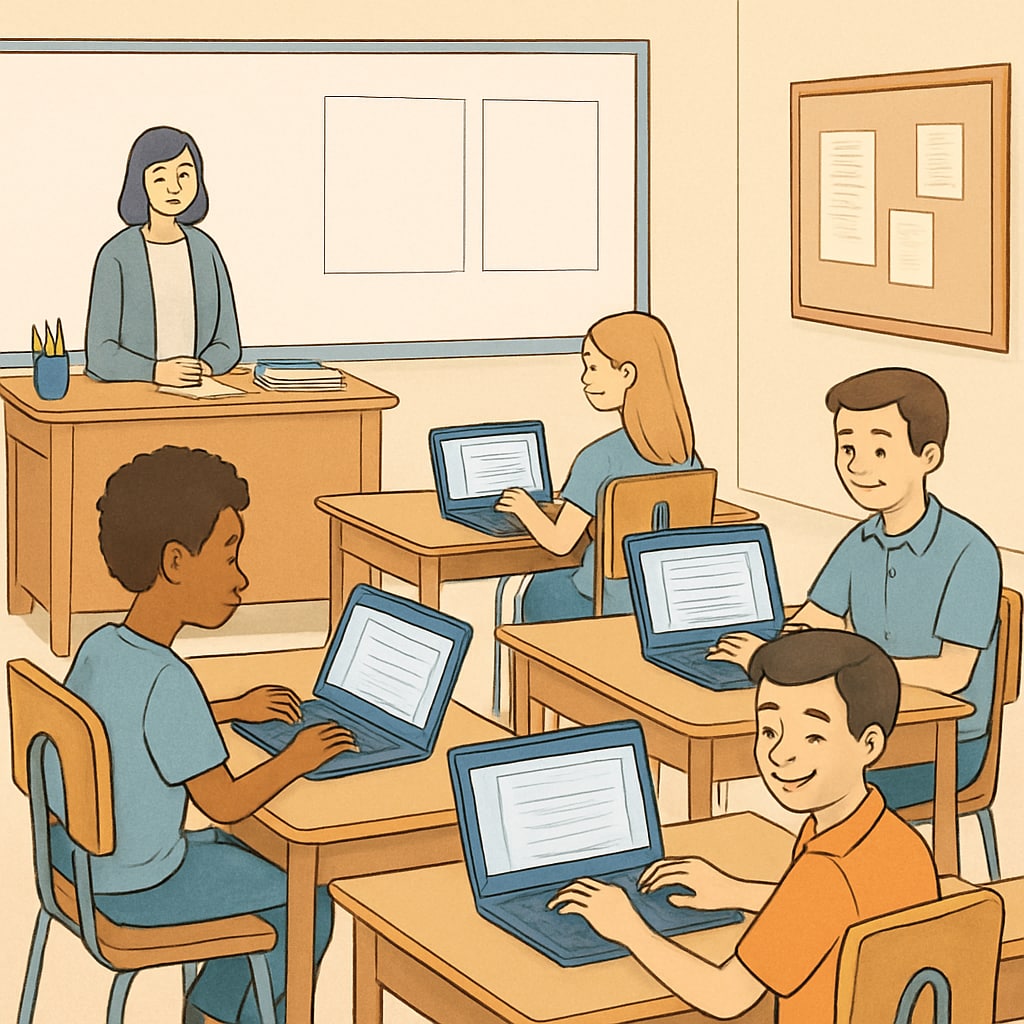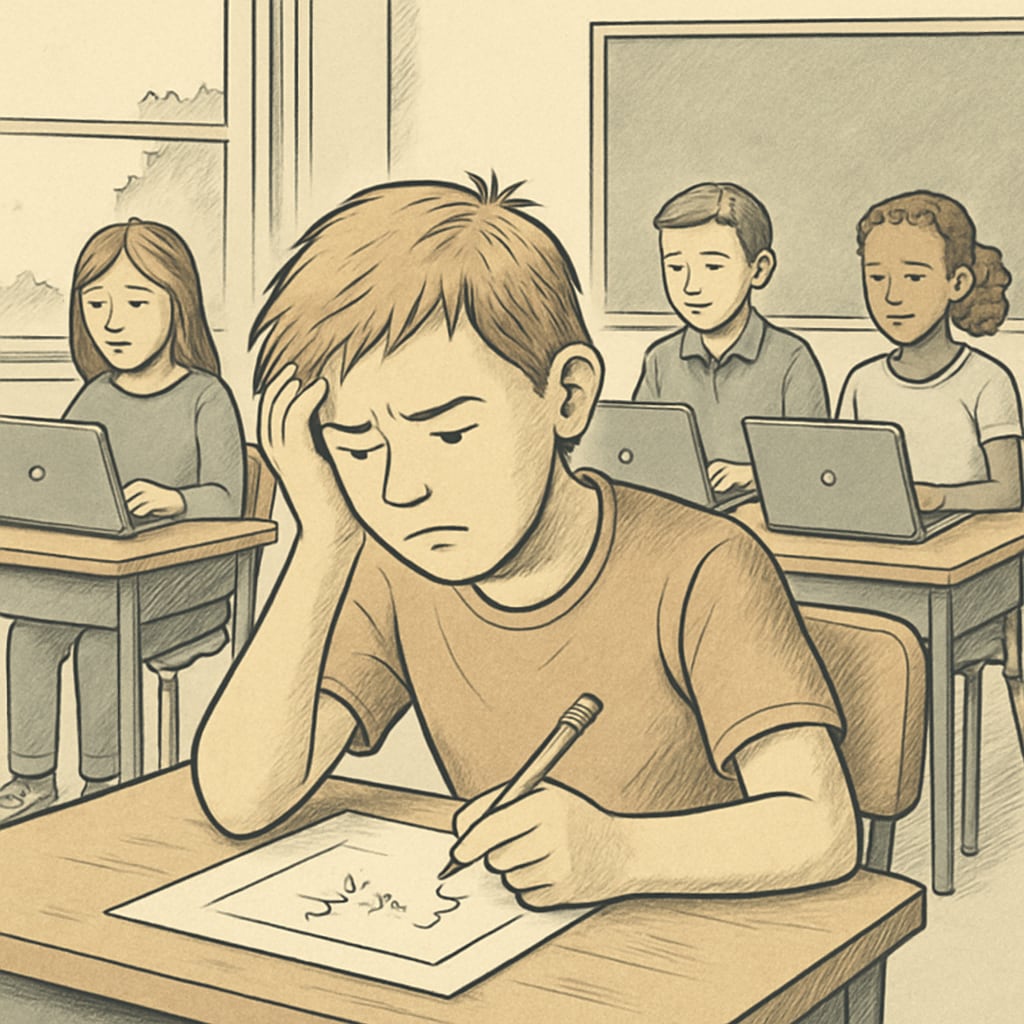Education technology, including tools like Chromebooks, has become a cornerstone of modern K12 classrooms. While we celebrate the efficiency it brings—streamlined assignments, instant feedback, and expanded access to resources—we must ask: are we sacrificing critical thinking and natural curiosity in the process? As schools embrace digital tools, students may be losing opportunities to engage deeply with complex ideas and develop essential cognitive skills.

The Rise of Chromebooks and Efficiency Gains
Chromebooks have rapidly become a favorite in schools due to their affordability, ease of use, and integration with Google Workspace tools. Teachers can assign homework, track progress, and provide feedback more efficiently than ever before. For students, tasks like researching a topic or collaborating with peers are now faster and more convenient. According to Wikipedia, Chromebooks are used in over 40 million classrooms worldwide, thanks largely to their simplicity and cost-effectiveness.
However, this focus on efficiency raises concerns about what might be lost. When every question has a quick answer via Google, students may miss the rewarding struggle of problem-solving. The time spent wrestling with challenging concepts—time that fosters resilience and deeper understanding—is often replaced by rapid, surface-level searches.
Critical Thinking: A Casualty of Streamlined Learning?
Critical thinking, defined as the ability to analyze information objectively and make reasoned judgments, is foundational to lifelong learning. Yet, the reliance on education technology can inadvertently undermine this skill. For example, digital tools often prioritize speed and convenience, which can discourage students from questioning assumptions or exploring alternative perspectives.
Consider a scenario where a student is tasked with writing an essay. With productivity tools and AI-powered suggestions, the emphasis shifts from crafting original arguments to efficiently assembling pre-formatted ideas. As a result, the student may miss out on developing independent thought processes, a crucial aspect of cognitive growth.
In addition, the constant exposure to screens and rapid feedback loops can dampen natural curiosity. Students may become conditioned to expect instant answers rather than exploring subjects in depth. As Britannica notes, critical thinking thrives on slow, deliberate engagement with complex issues—a pace not always supported by technology-driven education systems.

Balancing Technology and Cognitive Depth
To ensure that education technology contributes positively to cognitive development, schools need to strike a balance between digital efficiency and opportunities for deep thinking. Here are several strategies:
- Integrate problem-solving activities: Encourage students to tackle open-ended questions that require critical analysis and creativity rather than relying solely on instant answers.
- Limit screen time: Design lessons that incorporate offline activities, such as debates, group discussions, and hands-on experiments.
- Teach digital literacy: Help students discern credible sources and evaluate information critically, rather than accepting online content at face value.
- Foster curiosity: Create assignments that spark curiosity and require students to explore topics deeply, even beyond the classroom.
By implementing these approaches, educators can help students reap the benefits of technology while safeguarding essential cognitive skills like critical thinking and creativity.
Conclusion: What Are We Trading for Efficiency?
Education technology, including Chromebooks, undeniably offers valuable tools for modern classrooms. However, its widespread adoption should not come at the expense of critical thinking and curiosity—skills that define academic and personal success. As we continue to integrate technology, it is vital to ensure that the depth of learning remains intact. After all, the ultimate goal of education is not just efficiency but the cultivation of thoughtful, curious, and resilient minds. Are we prepared to rethink the role of tech in classrooms to achieve this balance?


